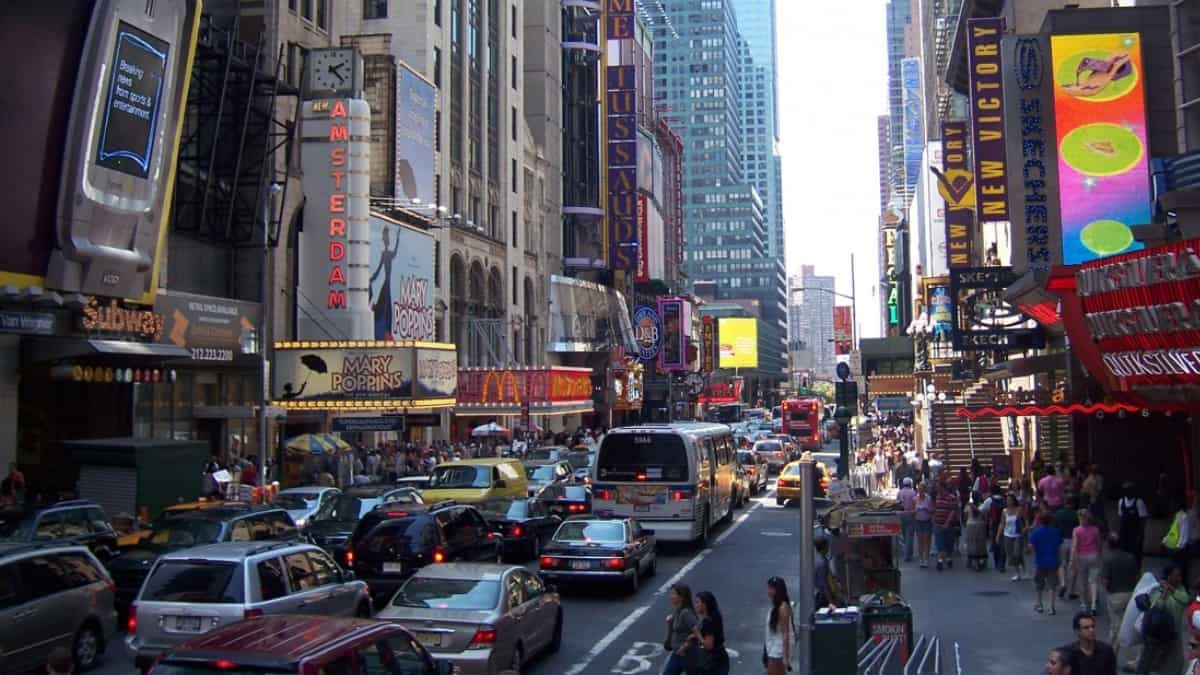Metropolitan Transportation Authority of New York Approves Toll to Promote Public Transportation
In an effort to promote public transportation use and alleviate traffic congestion in town and lower Manhattan, the board of the Metropolitan Transportation Authority of New York voted 11-1 to implement a toll system. This initiative aims to reduce pollution and improve the overall transportation system in the city.
Details of the Toll System
- The approved toll of $15 for cars entering the busiest area of Manhattan is set to be enforced in mid-June.
- This toll, similar to existing programs in cities like Singapore, London, and Stockholm, will be the first of its kind in an American city.
- Initial federal approval is required, followed by the establishment of toll collection mechanisms.
Toll Rates and Exemptions
Drivers entering Manhattan south of 60th Street from Queens, Brooklyn, and neighboring New Jersey will face the following charges:
- Daytime toll of $15 for cars and small commercial vehicles, with a reduced rate of $3.75 at night.
- Trucks and sightseeing buses will pay between $24 and $36 during the day, with lower rates at night.
- Ridesharing services like Uber will charge $2.50 per trip, while taxis will charge $1.25 per passenger entering the zone.
Exceptions to the toll include specialised city cars, emergency vehicles, and vehicles transporting individuals with disabilities. Additionally, drivers with low incomes in the congestion zone will be eligible for discounted rates.
MTA’s Plans for Revenue Utilization
MTA Chair and CEO Janno Lieber described the vote as one of the most significant decisions made by the board. The MTA plans to allocate over $1 billion from the toll revenue towards system expansions, subway signal modernization, and station renovations to enhance accessibility.
“Our primary goal is to address congestion while simultaneously investing in public transit,” Lieber emphasized.
Criticism and Legal Challenges
Despite the MTA’s intentions, the new toll has faced criticism from commuters, leading to ongoing legal challenges. Stressed-out commuters have expressed discontent with the additional financial burden imposed by the toll.
















































